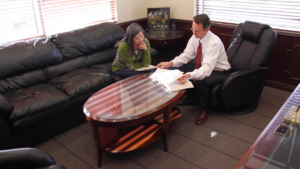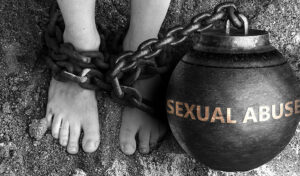Firework Safety For Fourth of July 2025
With the Fourth of July upon us, it is important for everyone to prioritize firework safety. According to the United States Consumer Product Safety Commission stated that, “In 2024, there
With the Fourth of July upon us, it is important for everyone to prioritize firework safety. According to the United States Consumer Product Safety Commission stated that, “In 2024, there
Everyone would all love to save money on our insurance, and insurance companies often do try to create incentives for good drivers. In recent years, many insurance companies have introduced

Technology is continuously advancing and moving forward, and this helps us progress in all aspects. As AI continues to improve, companies can learn how to use it to their advantage.

Photo Cred: KSL.com An Orem psychologist, Robert Virgil Dindinger, is currently facing criminal charges of sexual abuse. The accusations against him include having his child clients undress in the office

Unfortunately, traumatic events, like car accidents and dog bites, happen every day. They can’t be escaped, and since we often have our children with us, they are involved in these
When we talk about car accidents, we often just think of the ones that happen as we are driving on the road. We fail to remember the one place where

Buying a new car can be a stressful experience, for both experienced and first time buyers. Not only can it be a big expense, but it is a commitment as

Photo Credit: UtahCity.com Deep in the heart of Vineyard, there has been a large open dirt field. What used to be the U.S. Steel Geneva Works is now being converted

After you have been in an accident or been injured, you will want to set up an appointment with an attorney. If you have not been to a consultation with

Sexual abuse is a devastating and all-too-common experience that can have serious and long-lasting effects on survivors. Reporting sexual abuse, supporting survivors, and advocating for change are important steps we

Reporting sexual abuse, supporting survivors, and advocating for change are important steps we can all take to prevent abuse and create a safe and supportive environment for survivors.

Sexual abuse statistics reveal that this is a significant public health problem in the United States. Experiencing sexual abuse can affect how a person thinks, acts, and feels over a
UTAH INJURY LAWYERS
Flickinger • Boulton
• Robson • Weeks
PROVO OFFICE
3000 N University Ave
Suite 300
Provo, UT 84604
SOUTH JORDAN OFFICE
10393 S. Temple Dr.
Suite 103
South Jordan, Utah 84095
OFFICE HOURS
Monday- Friday: 8AM-5PM
Saturday-Sunday: Closed
*Disclaimer: the information provided by this website is for informational purposes only and should not be considered legal advice or a substitute for competent legal counsel.
**SMS consent and contact phone numbers will not be shared or sold to third parties or their affiliates for any purpose.
© 2025 All Rights Reserved.